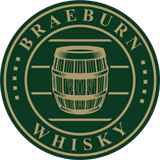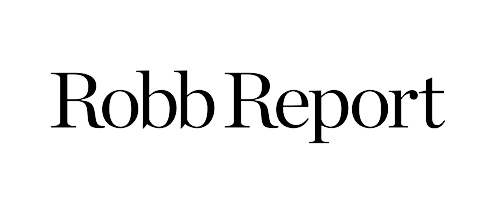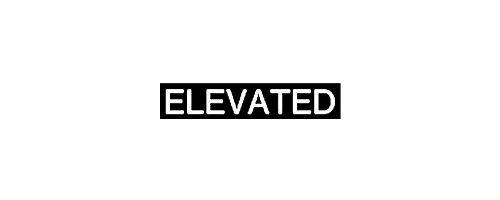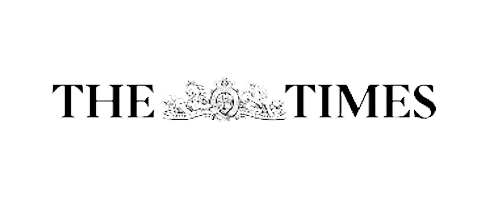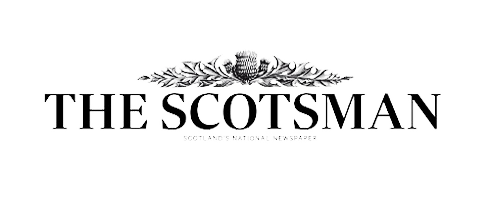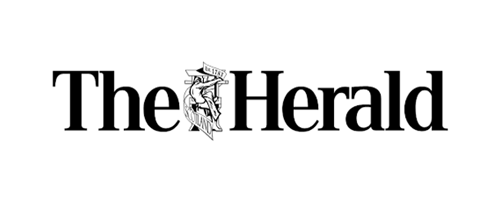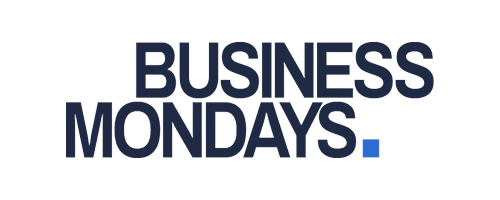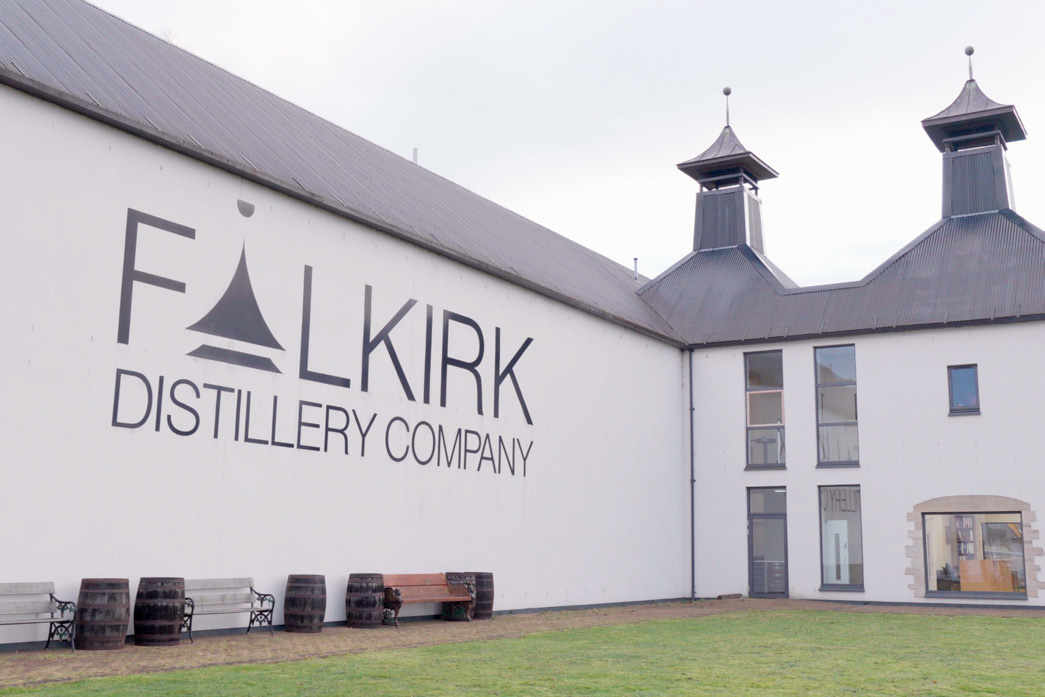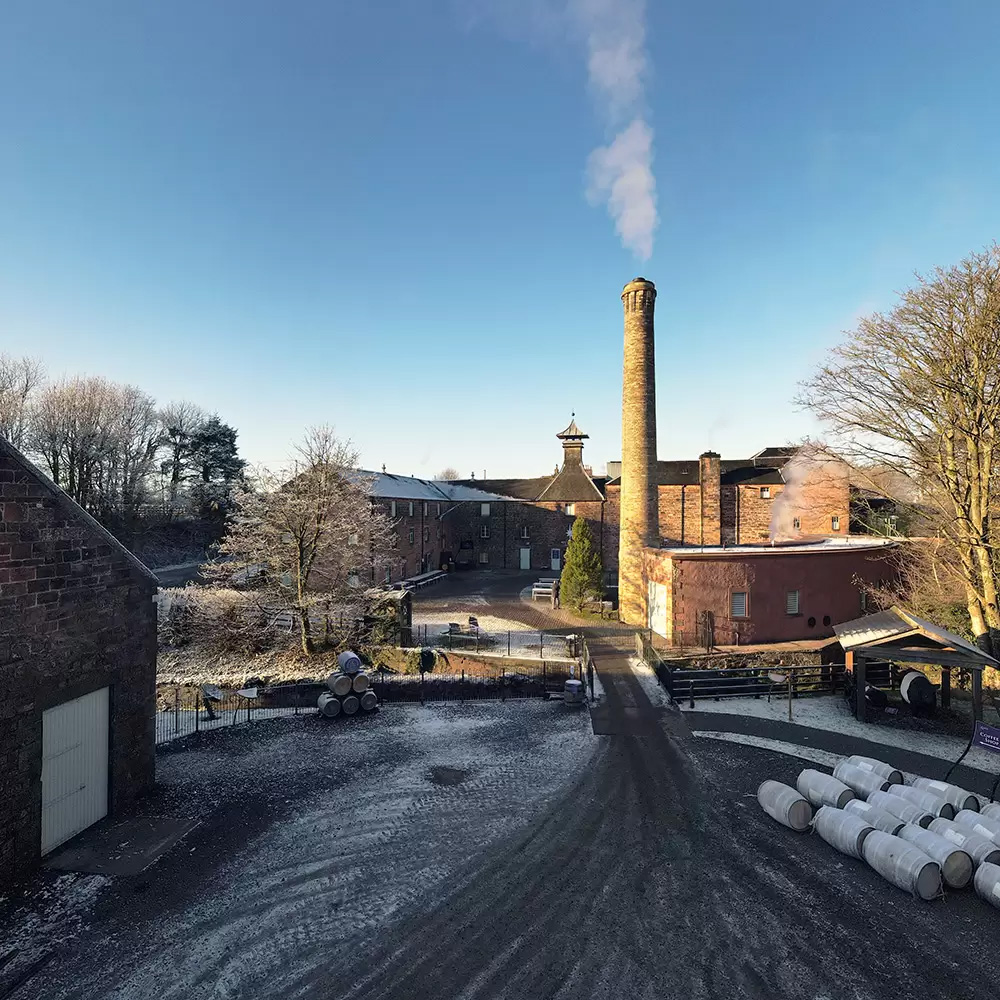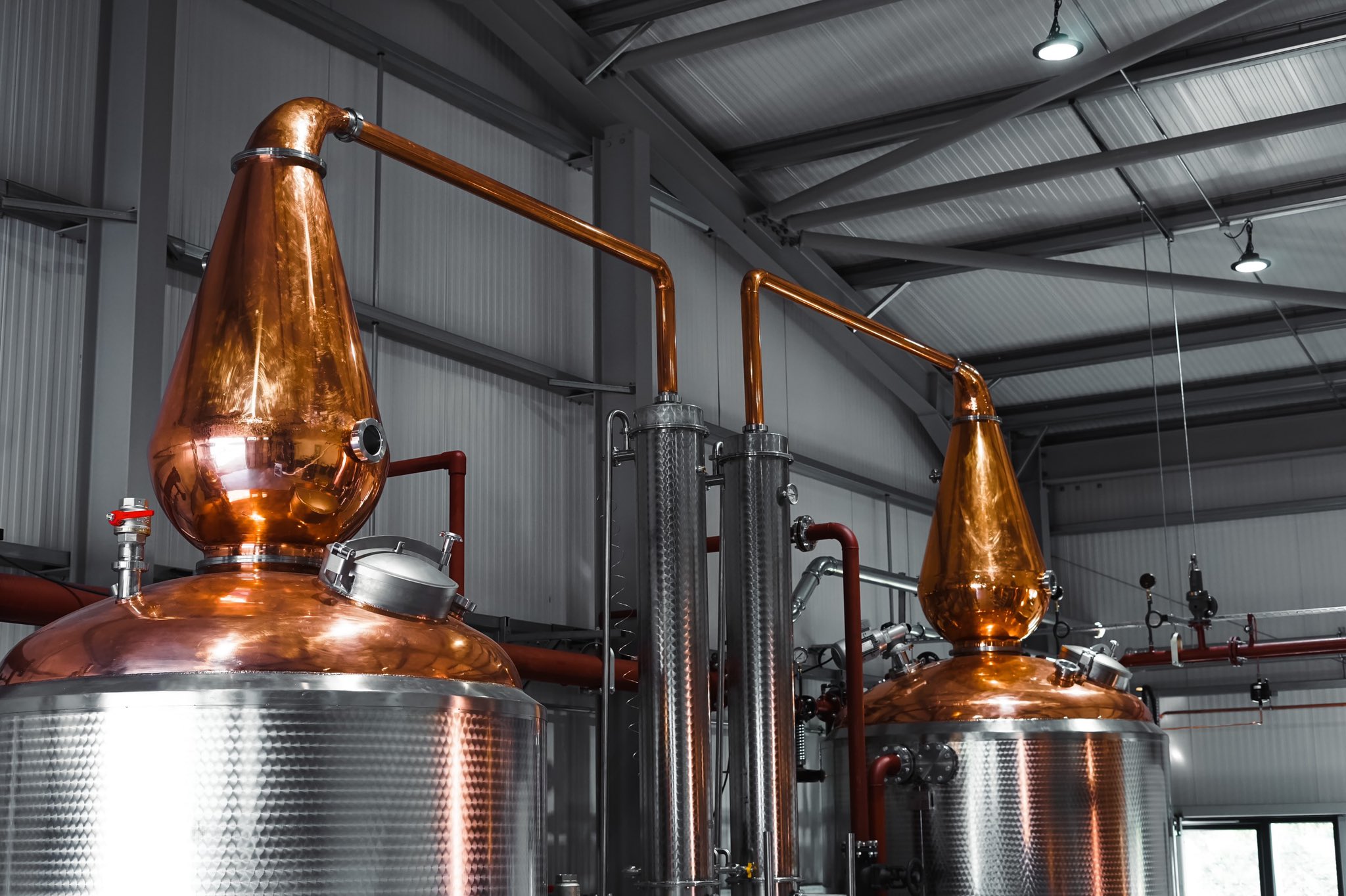Bringing A Historic Legacy To The United States
Scotland is a country of exceptional beauty and abundant nature, and whisky is its most valued resource. For centuries the people of Scotland have perfected the art of distillation and maturation to create what today is now the world’s most precious spirit.
From the rolling hills of Speyside to the wind-swept shores of Islay, whisky has always been integral to Scottish culture and has now become the backbone of its vibrant economy. Scotch whisky is a source of pride and a symbol of a nation’s heritage.
Now you have the chance to own a unique part of that historic legacy.
